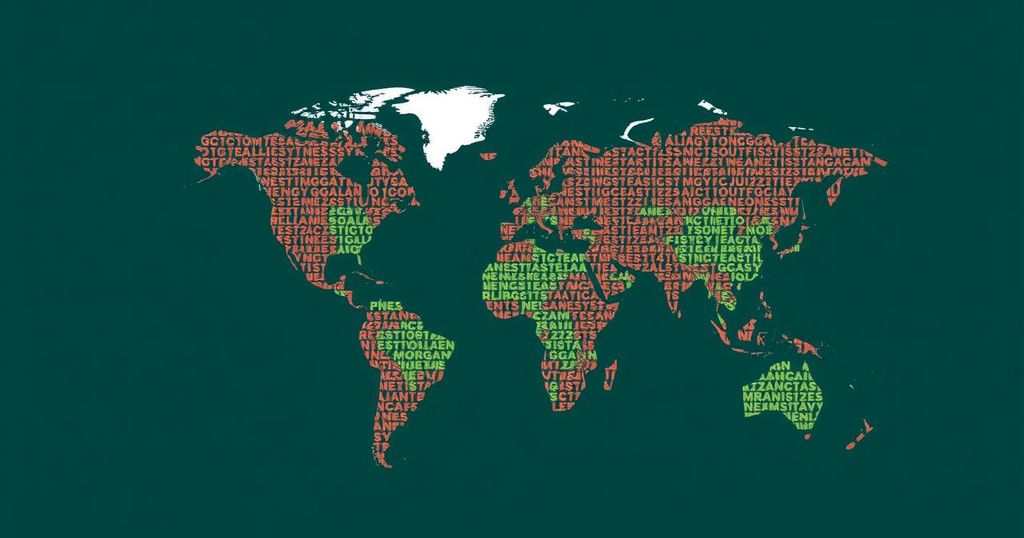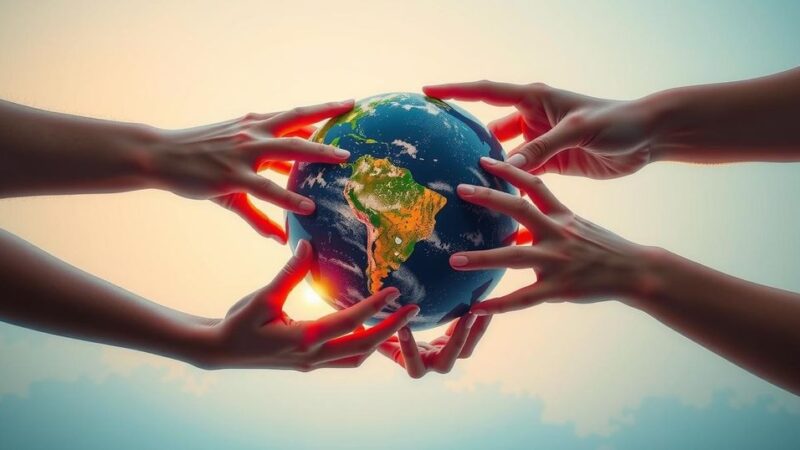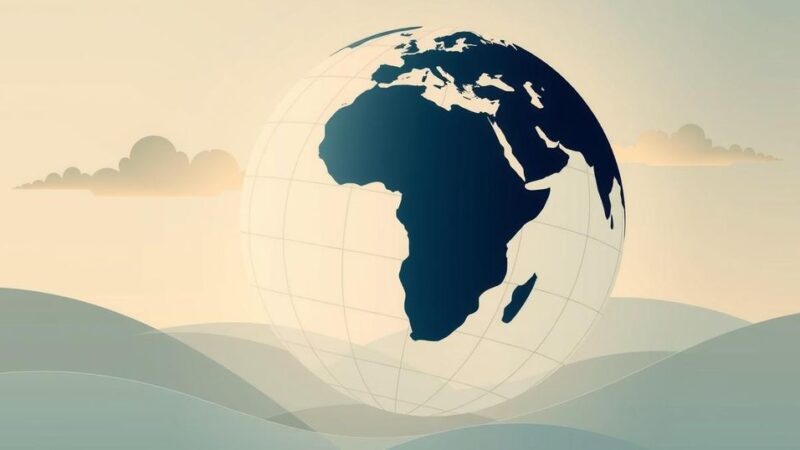At COP29 in Azerbaijan, there are alarming signs of regression in gender-focused language within climate negotiations. Key advocates highlight a backlash against gender inclusion, led by opposition from Saudi Arabia and supported by other nations. The conference has seen a significant reduction in references to women, raising concerns about the implications for climate policy that predominantly affects them.
In light of ongoing negotiations at COP29 in Azerbaijan, there are rising concerns regarding the retreat of gender considerations in climate discussions. Past climate summits have emphasized the importance of including women, as they disproportionately bear the consequences of climate change. A recent negotiation draft was reportedly stripped of all mentions of women and the term “diversity”. Mary Robinson, former President of Ireland, highlighted the resistance to gender language, led by Saudi Arabia with support from Russia. This shift is viewed as a growing backlash against gender inclusion initiatives, particularly amidst rising right-wing sentiments globally.
Despite progress made in previous summits, this year’s focus seems to have shifted. The draft circulating at COP29 does contain one reference advocating that climate finance should be “human rights-based and gender-responsive”. However, a critical decision pending at COP29 is the extension of a gender-integration initiative established in 2014 which aimed to incorporate gender systematically within the policies of UN climate bodies. Some officials have argued that human rights issues are irrelevant to climate finance, creating a contentious atmosphere within negotiations.
The United Nations has noted that women and girls constitute approximately 80 percent of those displaced by climate change, increasing their vulnerability to exploitation and trafficking. Despite this, the majority of policymakers at such summits remain male, with efforts to ensure gender representation losing momentum at COP29. German Foreign Minister Annalena Baerbock emphasized the critical need for female involvement in combating the climate crisis, reflecting concerns over the unusual absence of normal discussions surrounding gender issues at this conference.
Ayshka Najib, a climate activist, criticized the lack of emphasis on gender by the Azerbaijani hosts and noted that attempts for positive language have faced challenges. Catherine Stewart, Canada’s climate negotiator, expressed alarm over any potential regressions in gender focus, emphasizing the unacceptability of reverting to outdated perspectives. Thus, the overall atmosphere at COP29 suggests a troubling trend away from gender inclusivity in climate negotiations, raising alarms among advocates and representatives alike.
Gender considerations have been a focal point of climate discussions due to the disproportionate impacts climate change has on women and girls. Research indicates that as much as 80 percent of people displaced by climate change are women, which underscores their vital role in environmental sustainability and advocacy. Historically, UN climate summits have advocated for gender integration in climate policies to ensure that the unique experiences and needs of women are taken into account. However, amid rising conservative sentiments in certain regions, there is a resurgence in attitudes that oppose gender-specific language in international negotiations, threatening the progress achieved over previous years. The current state of negotiations at COP29 highlights these tensions and the substantial risks involved.
In summary, COP29 presents a concerning trend toward diminishing gender considerations in climate policy negotiations, led primarily by resistance from certain countries. As the need for inclusive approaches is critical for effective climate action, the backsliding observed at the current summit is alarming. Gender advocacy must be preserved and prioritized to ensure that women’s experiences and capabilities are integral to the climate crisis solutions. The global community must remain vigilant against any regressive movements and reaffirm commitments to gender equity in climate action.
Original Source: www.france24.com






